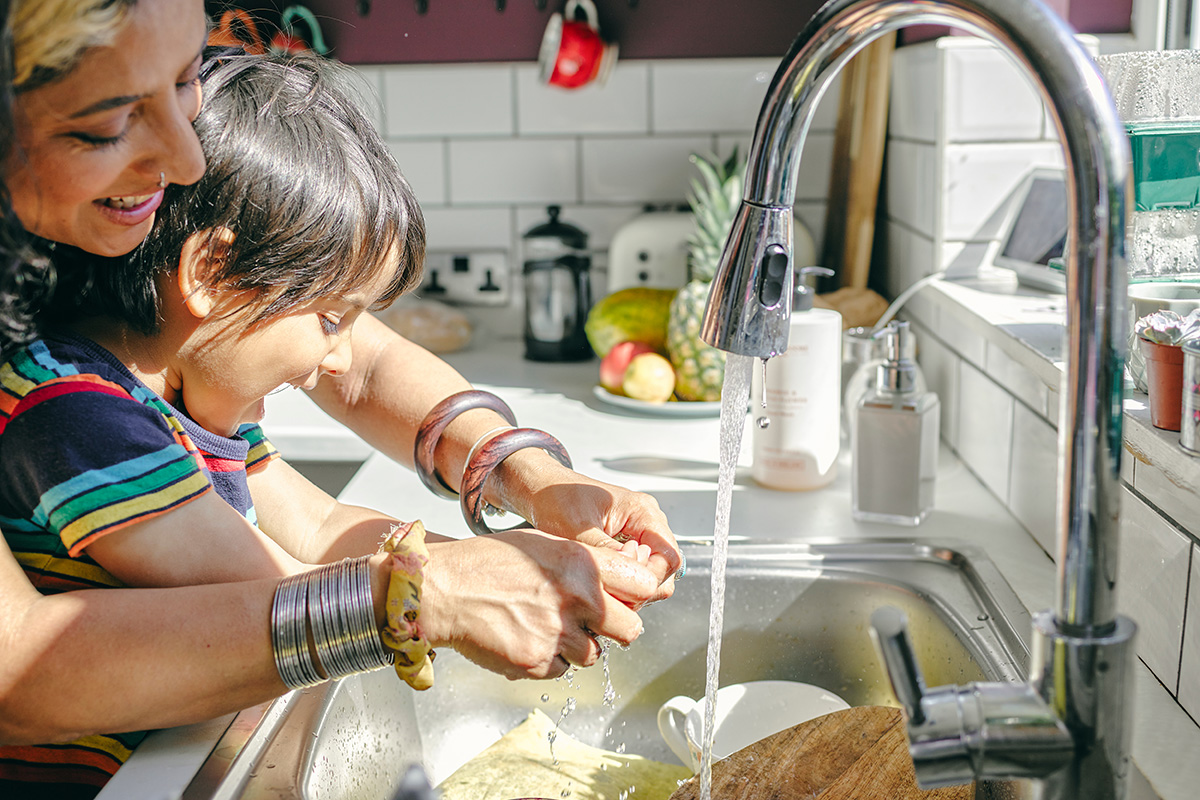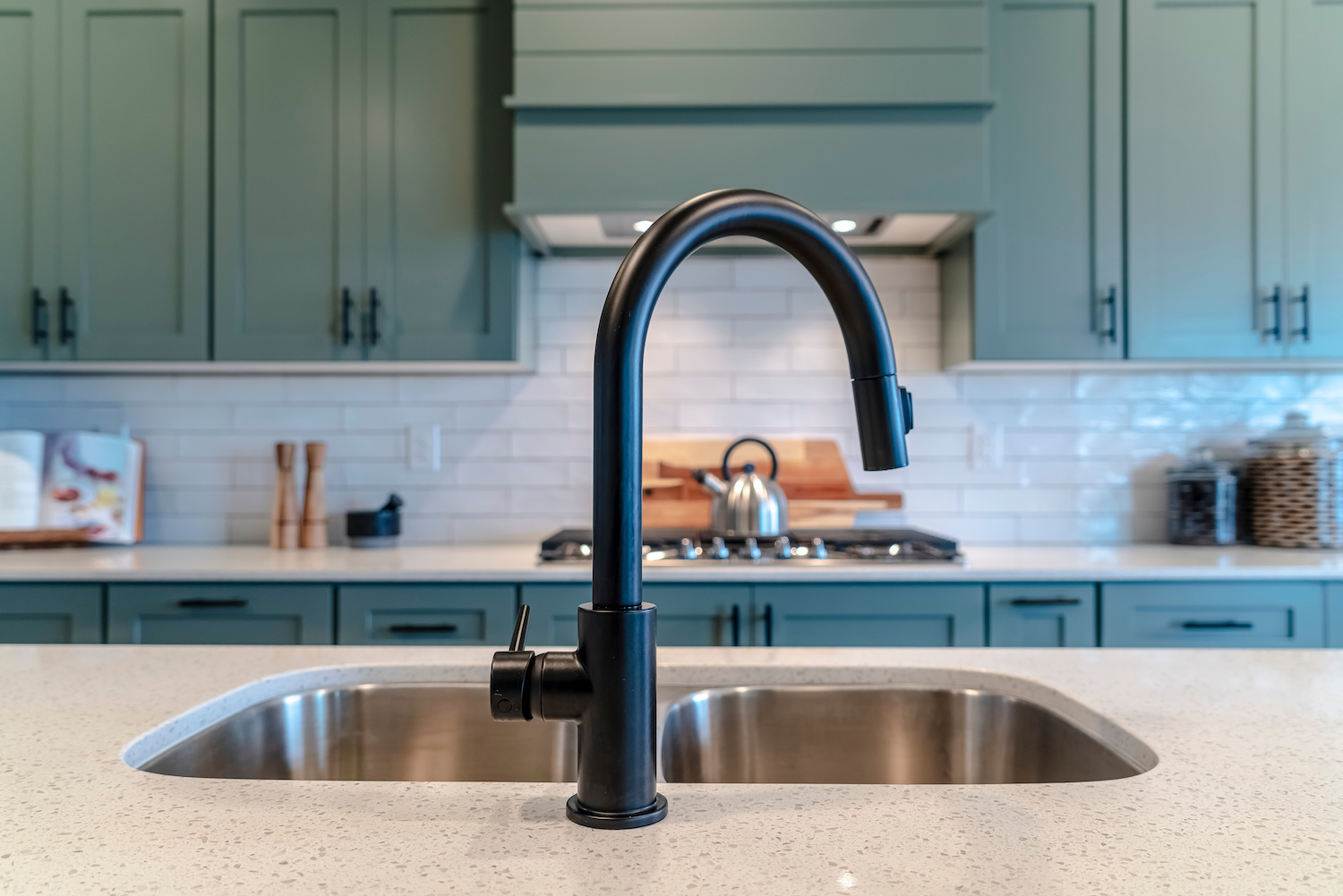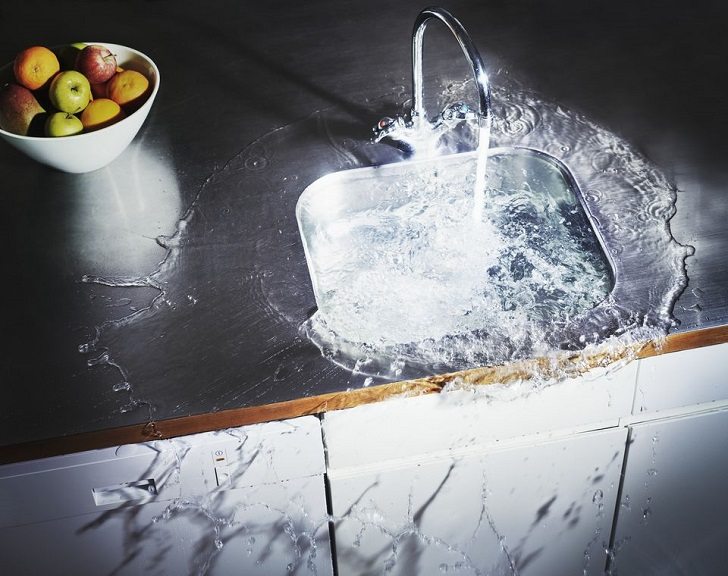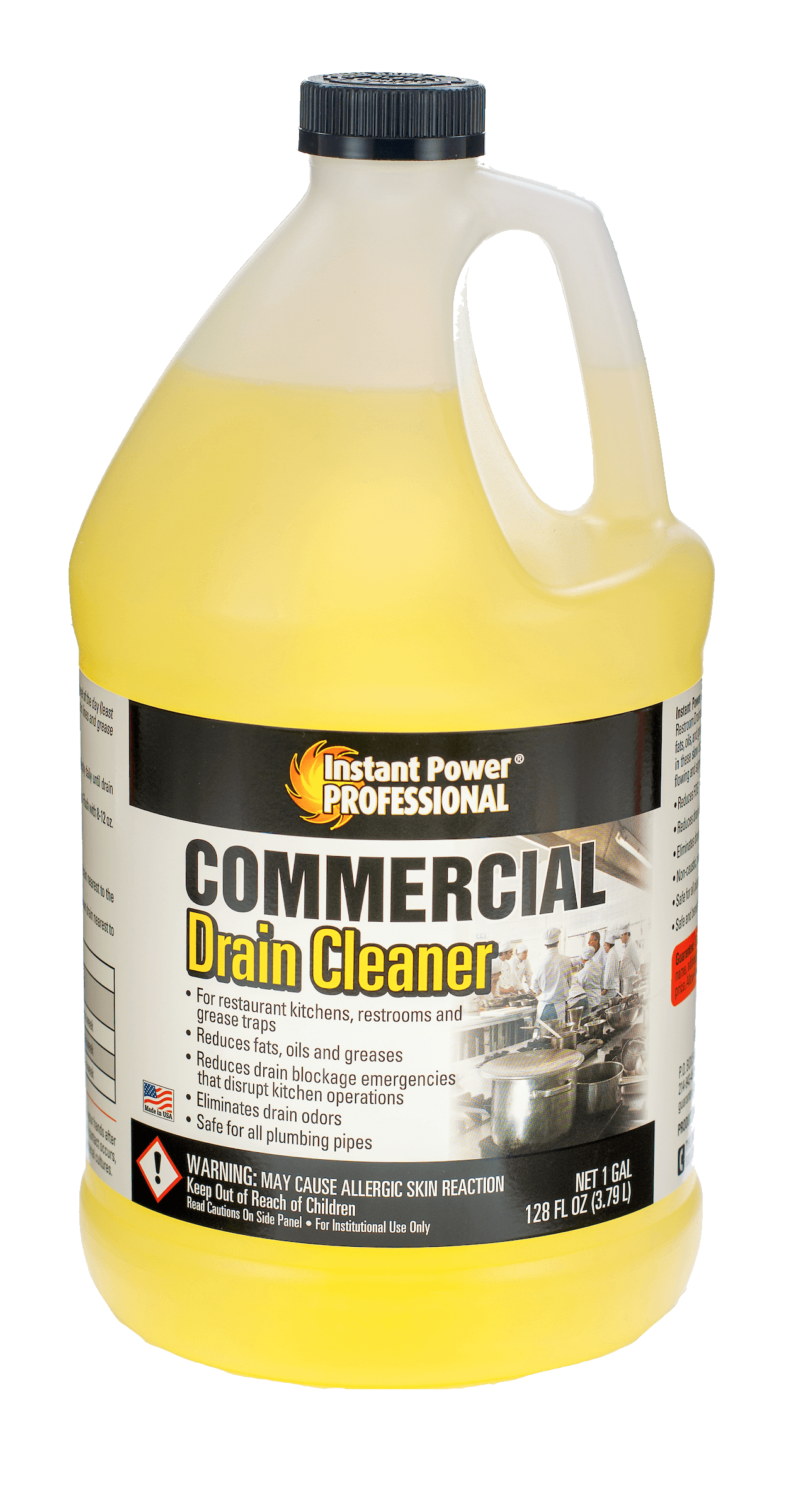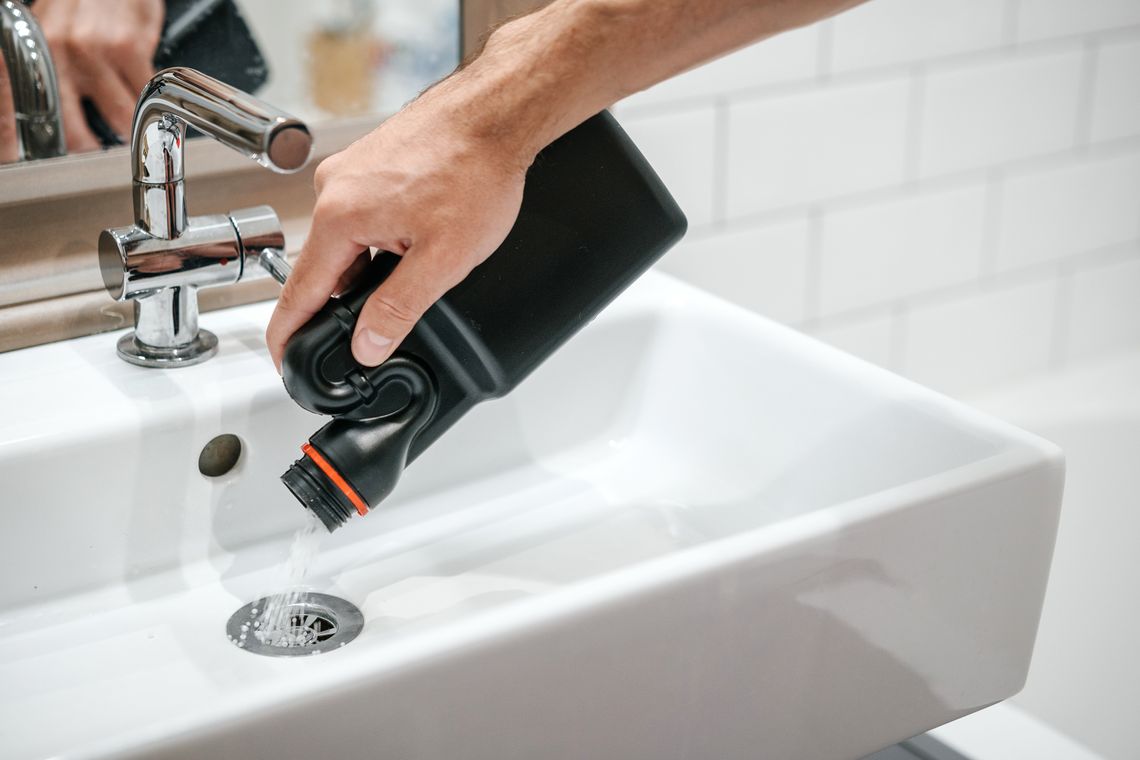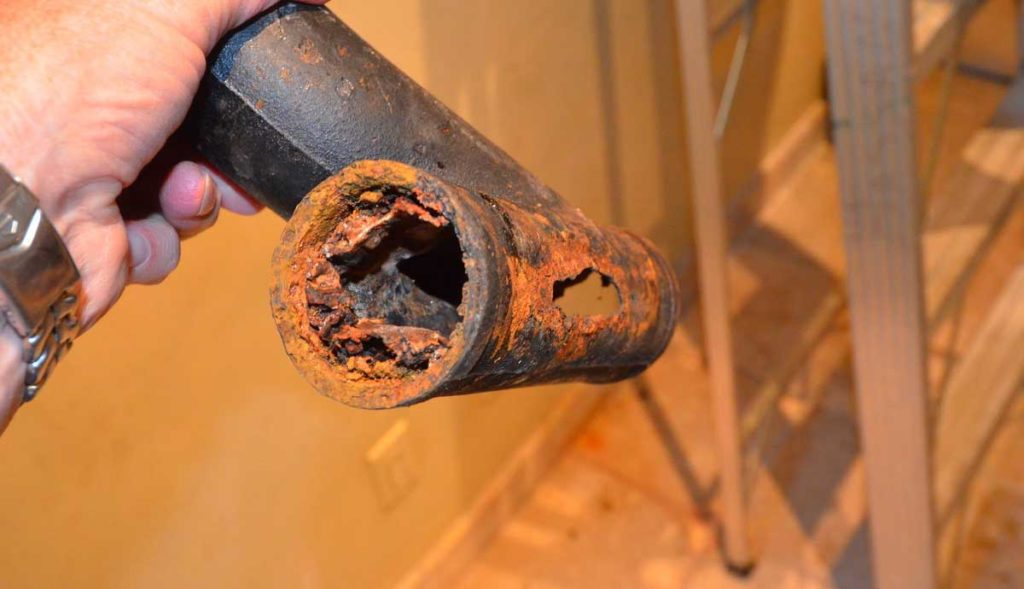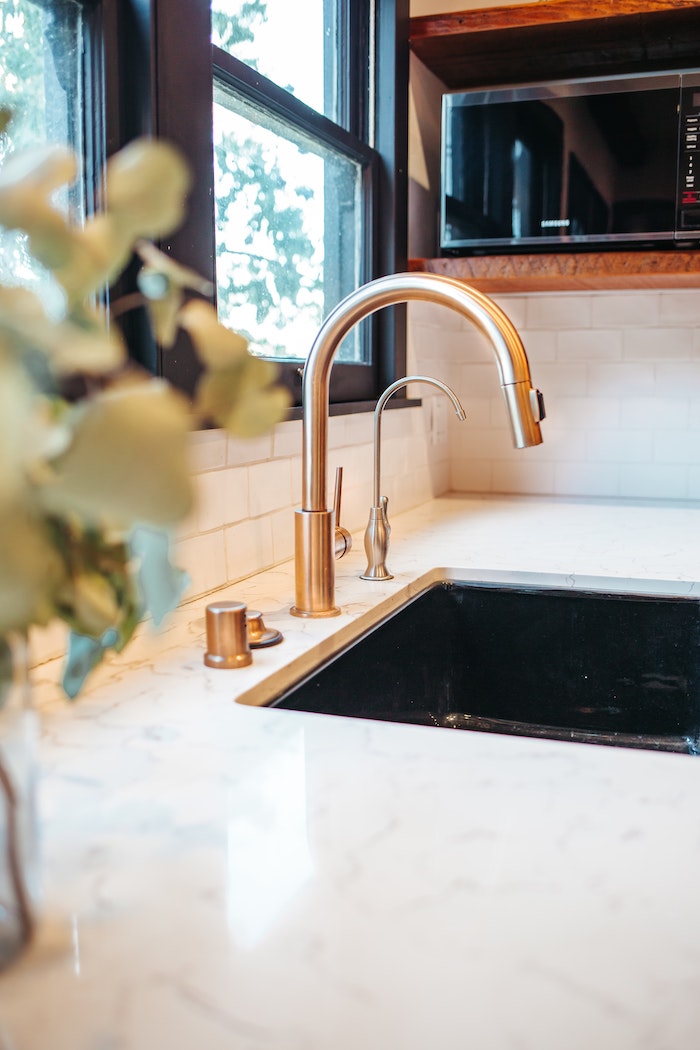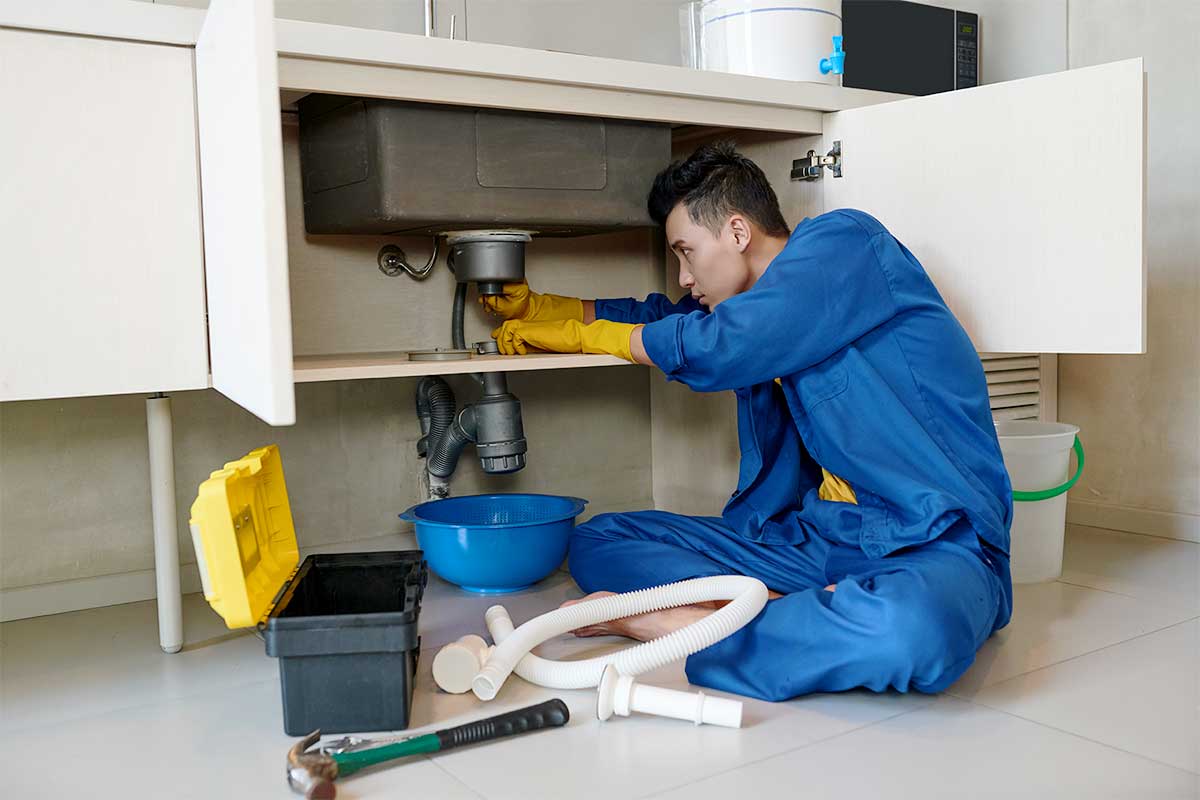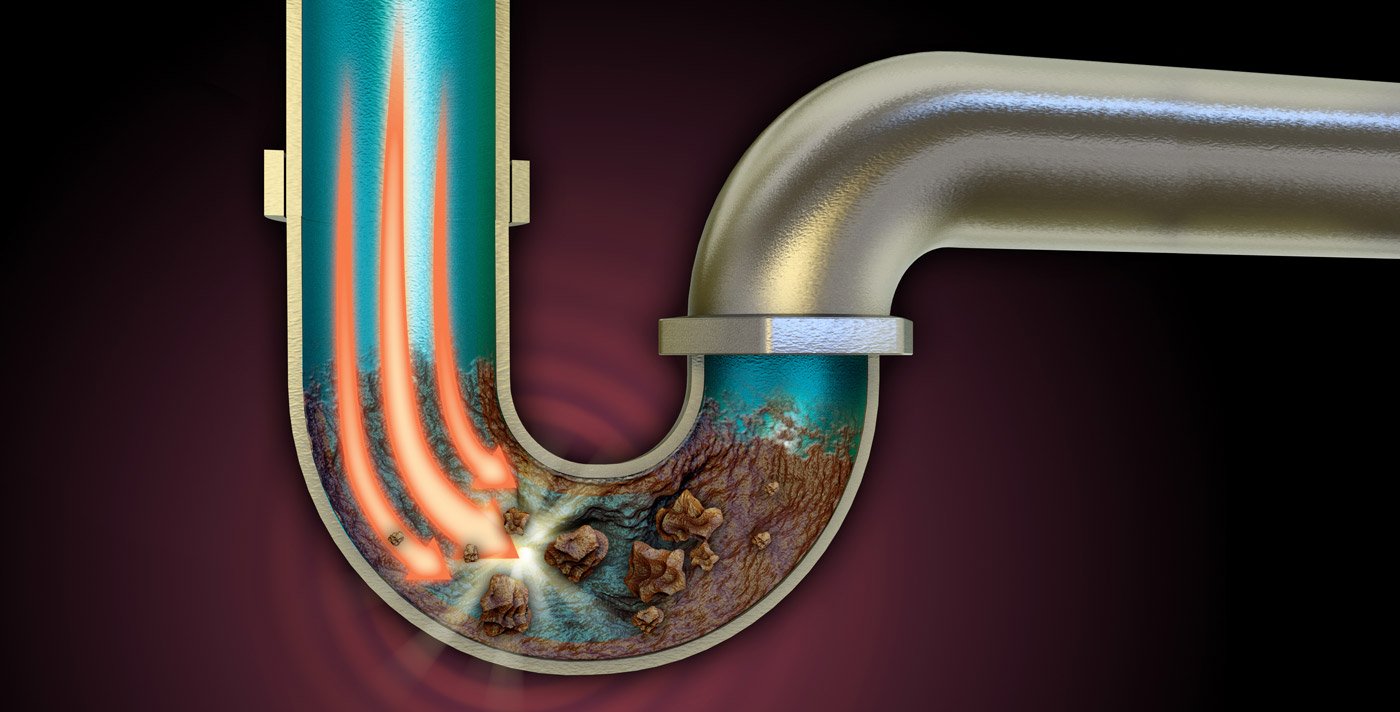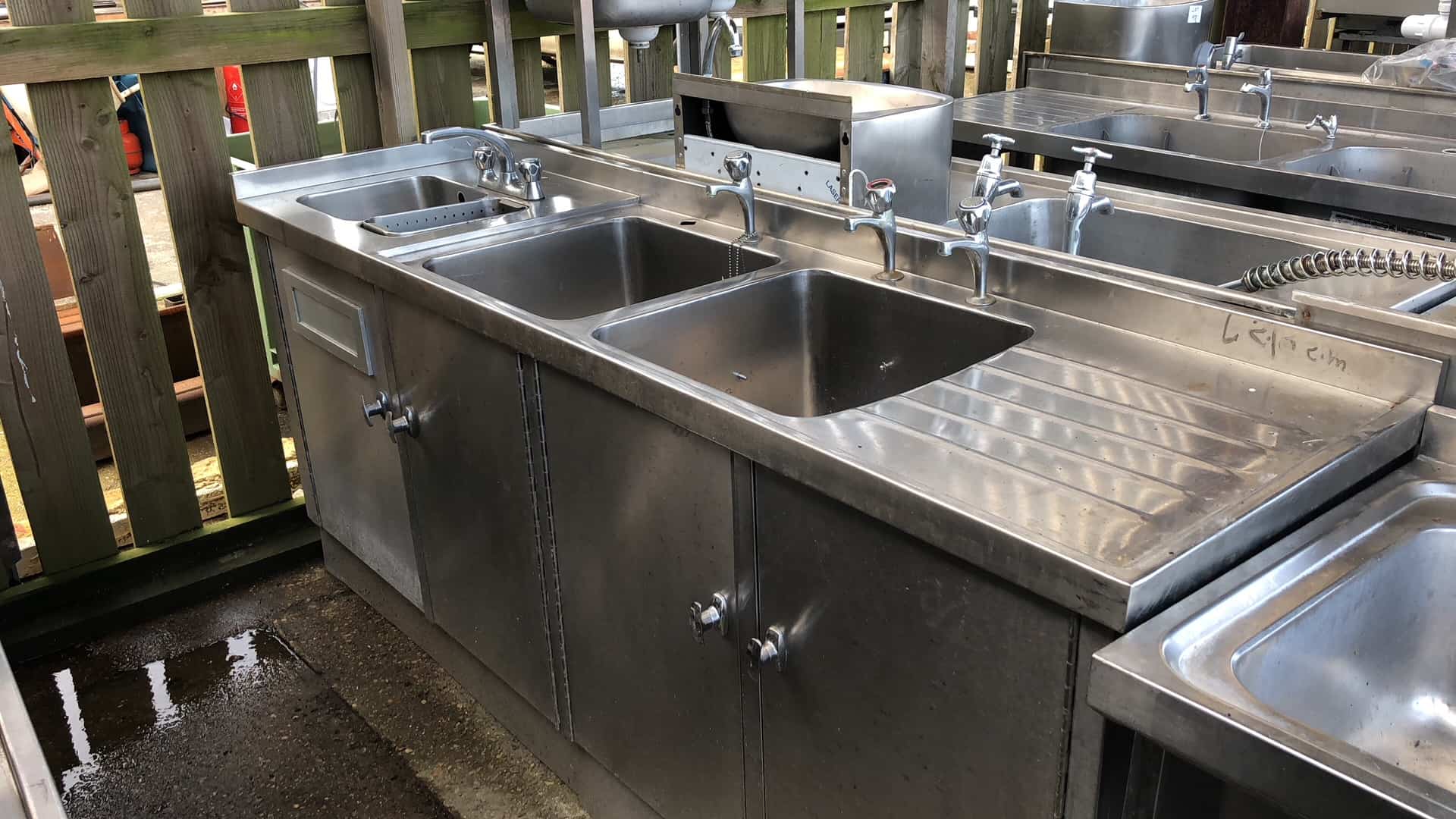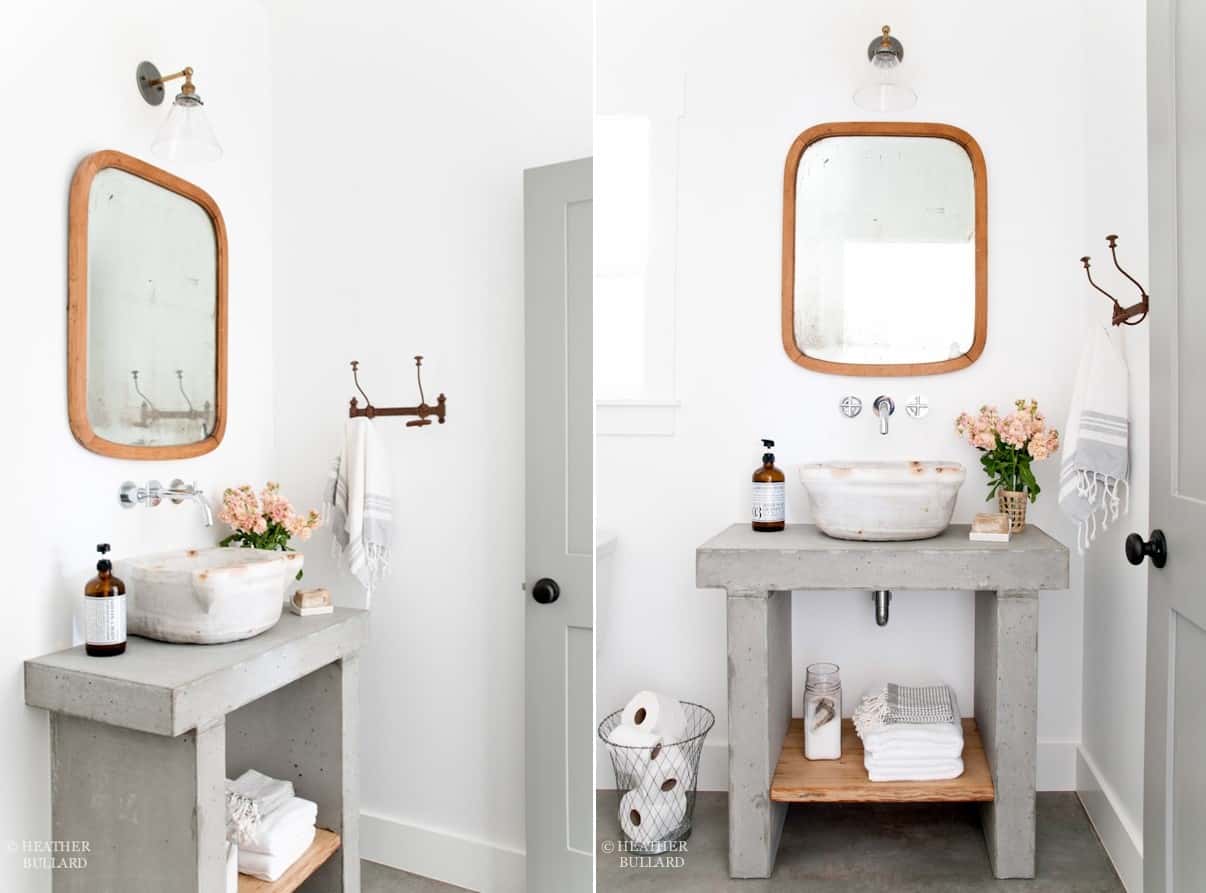If you have a clogged kitchen sink, one of the first things you can try is using a plunger. This household tool is not just for toilets – it can also be used to clear out clogs in sinks. Make sure to use a plunger specifically designed for sinks, as it will have a flat rubber edge instead of a flange. To use the plunger, fill your sink with enough water to cover the rubber edge of the plunger. Place the plunger over the drain and push down gently, creating a seal. Then, pull up and push down in a quick motion to create suction and hopefully dislodge the clog. Repeat this process a few times until the water starts to drain.Unclogging a Kitchen Sink with a Plunger
If the plunger doesn't work, there are a few other methods you can try to unclog your kitchen sink. One is to use a mixture of hot water and dish soap. Boil a pot of hot water and then add a few tablespoons of dish soap. Pour the mixture down the drain and let it sit for a few minutes. Then, use the plunger again to see if the clog has been loosened. Another method is to use a mixture of baking soda and vinegar. Start by pouring one cup of baking soda down the drain, followed by one cup of white vinegar. Let this sit for about 15 minutes, then pour hot water down the drain to flush out the mixture. This can help dissolve any grease or debris that may be causing the clog.How to Unclog a Kitchen Sink
If the plunger and homemade solutions don't work, you may need to get a bit more creative with your unclogging methods. One option is to use a wire coat hanger to try and dislodge the clog. Straighten out the hanger and create a small hook at one end. Insert the hooked end into the drain and try to pull out any debris that may be causing the clog. You can also try using a wet/dry vacuum to suck out the clog. Place the vacuum hose over the drain and try to create a seal. Turn on the vacuum and see if it can suck out any debris. This method may work well for objects that have fallen down the drain, such as small toys or utensils.DIY Fixes for a Clogged Kitchen Sink
As mentioned before, using a mixture of baking soda and vinegar can be an effective way to unclog a kitchen sink. This method is natural and safe for your pipes, making it a popular DIY fix. If you are hesitant to use chemical drain cleaners, this is a great alternative. To use this method, mix together one cup of baking soda and one cup of white vinegar. Pour the mixture down the drain and let it sit for about 15 minutes. Then, flush it out with hot water. The chemical reaction between the baking soda and vinegar can help dissolve the clog and clear your drain.Using Baking Soda and Vinegar to Unclog a Kitchen Sink
If you have a clogged kitchen sink drain, there are a few steps you can take to try and clear it. One option is to remove the drain stopper and clean it out. Over time, hair, food particles, and other debris can build up on the stopper, causing it to not drain properly. Remove the stopper and clean it off, then replace it and see if the water drains more easily. You can also try using a wire brush to clean the inside of the drain. This can help remove any built-up grime or debris that may be causing the clog. Just be careful not to scratch or damage the inside of your pipes.How to Clear a Clogged Kitchen Sink Drain
There are a few common causes of clogged kitchen sinks that you should be aware of. One of the main culprits is grease and oil. When these substances are poured down the drain, they can solidify and create a blockage. To prevent this, make sure to dispose of grease and oil properly, rather than pouring it down the sink. Food particles and debris can also cause clogs. To prevent this, make sure to use a sink strainer to catch any food scraps before they go down the drain. This will help prevent them from building up and causing a clog.Common Causes of a Clogged Kitchen Sink
If the clog in your kitchen sink is particularly stubborn, you may need to use a drain snake to clear it out. This tool is designed to fit into the drain and grab onto any debris, allowing you to pull it out and unclog the drain. To use a drain snake, insert it into the drain and turn it clockwise as you push it down. This will help it grab onto any debris. When you feel resistance, pull up on the snake to see if you can pull out the clog. You may need to repeat this process a few times to fully clear the drain.Using a Drain Snake to Unclog a Kitchen Sink
The best way to deal with a clogged kitchen sink is to prevent it from happening in the first place. There are a few simple steps you can take to prevent clogs in your sink. First, make sure to use a sink strainer to catch any food particles and debris before they go down the drain. This will help prevent them from building up and causing a clog. Also, be mindful of what you pour down the drain. Avoid pouring grease, oil, and other substances that can solidify and cause clogs. If you have a garbage disposal, make sure to run cold water while using it to help flush out any debris.Preventing Kitchen Sink Clogs
If all else fails, you may need to resort to using a chemical drain cleaner to unclog your kitchen sink. These products can be harsh and may damage your pipes if used incorrectly, so make sure to follow the instructions carefully. Chemical drain cleaners work by dissolving the clog, allowing it to flow down the drain. However, they may not be effective for all types of clogs, so make sure to read the label and choose a product that is suitable for your specific issue.Chemical Drain Cleaners for Clogged Kitchen Sinks
If none of the DIY methods work, it may be time to call in a professional plumber. They have the tools and expertise to fully clear out any clogs and get your kitchen sink draining properly again. Additionally, if you experience frequent clogs in your kitchen sink, it may be a sign of a bigger issue with your plumbing system. A professional plumber can assess the situation and determine if there are any underlying problems that need to be addressed. In conclusion, a clogged kitchen sink can be a major inconvenience, but there are several DIY methods you can try to clear it out. If these methods don't work, don't hesitate to call a professional for help. And remember, taking preventative measures can go a long way in avoiding clogs in the future.Professional Plumbing Services for a Clogged Kitchen Sink
The Importance of a Functioning Kitchen Sink

Why a Clogged Sink Can Be a Nightmare
 A clogged kitchen sink is one of the most common and frustrating household problems. Not only does it disrupt the daily flow of cooking and cleaning, but it can also lead to unpleasant odors and potential damage to your pipes. If left untreated, it can even attract pests and bacteria. That's why it's important to address a clogged sink as soon as possible to prevent further issues.
A clogged kitchen sink is one of the most common and frustrating household problems. Not only does it disrupt the daily flow of cooking and cleaning, but it can also lead to unpleasant odors and potential damage to your pipes. If left untreated, it can even attract pests and bacteria. That's why it's important to address a clogged sink as soon as possible to prevent further issues.
Causes of a Clogged Sink
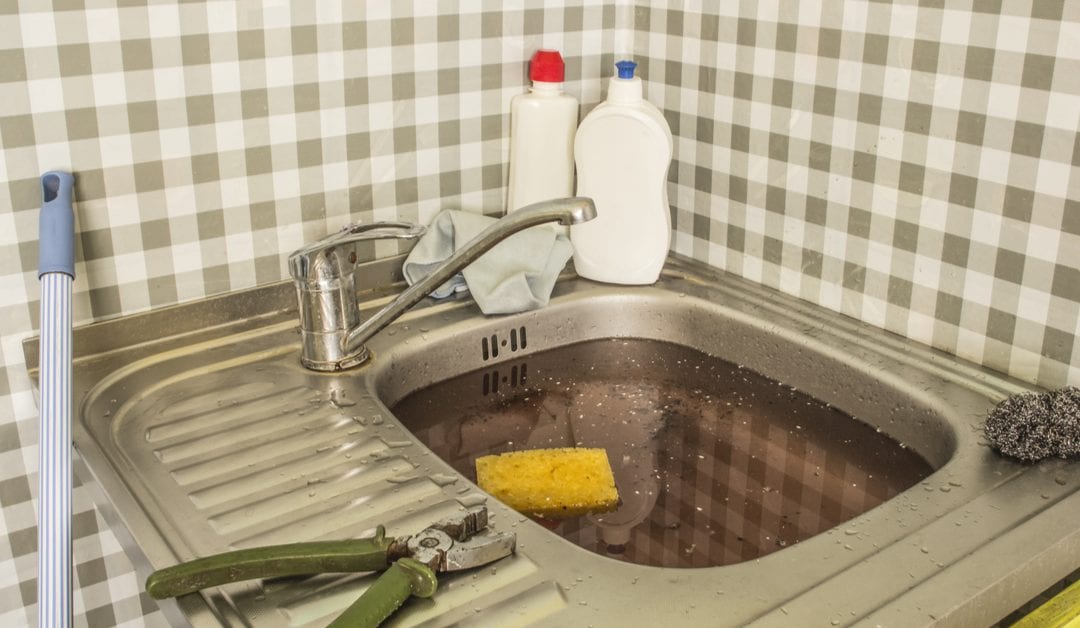 The most common cause of a clogged kitchen sink is food debris and grease buildup. Over time, small particles of food, cooking oils, and other substances can accumulate and form a blockage in your pipes. Additionally, items such as coffee grounds, eggshells, and fibrous foods like potato peels can also contribute to clogs. Another potential cause is a faulty garbage disposal, which can get jammed or clogged with improper use.
The most common cause of a clogged kitchen sink is food debris and grease buildup. Over time, small particles of food, cooking oils, and other substances can accumulate and form a blockage in your pipes. Additionally, items such as coffee grounds, eggshells, and fibrous foods like potato peels can also contribute to clogs. Another potential cause is a faulty garbage disposal, which can get jammed or clogged with improper use.
Solutions for a Spark Kitchen Sink Clog
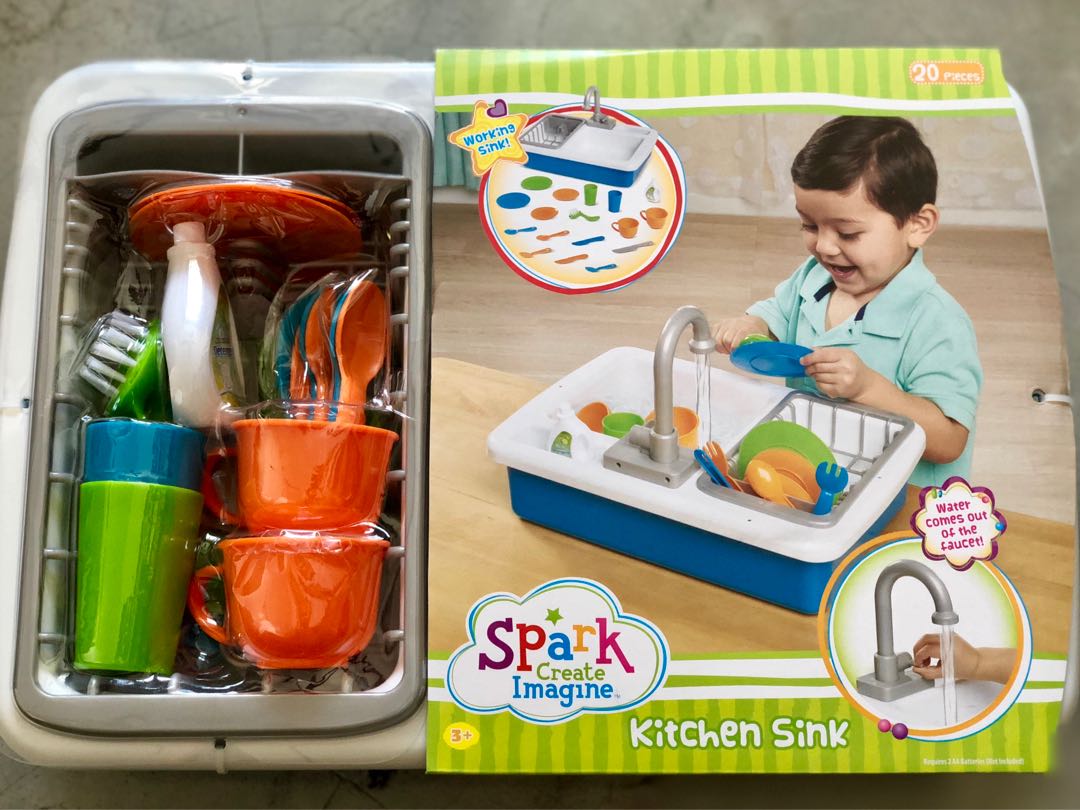 Fortunately, there are several ways to address a clogged kitchen sink. One option is to use a plunger to try and dislodge the blockage. This method works best if the clog is near the surface of the drain. Another solution is to use a mixture of baking soda and vinegar to break down the clog. Simply pour half a cup of baking soda down the drain, followed by half a cup of vinegar. Let it sit for a few minutes before flushing with hot water. For tougher clogs, you may need to use a plumbing snake or call a professional plumber for assistance.
Fortunately, there are several ways to address a clogged kitchen sink. One option is to use a plunger to try and dislodge the blockage. This method works best if the clog is near the surface of the drain. Another solution is to use a mixture of baking soda and vinegar to break down the clog. Simply pour half a cup of baking soda down the drain, followed by half a cup of vinegar. Let it sit for a few minutes before flushing with hot water. For tougher clogs, you may need to use a plumbing snake or call a professional plumber for assistance.
Preventing Clogs in the Future
 To avoid dealing with a clogged kitchen sink in the future, it's important to take preventive measures. This includes regularly cleaning your sink and using a drain strainer to catch any food particles. Avoid pouring grease and oil down the drain, and be mindful of what you put in your garbage disposal. It's also a good idea to have your plumbing system inspected and maintained by a professional on a regular basis.
In Conclusion
A functioning kitchen sink is crucial for a smooth and efficient cooking and cleaning experience. If you encounter a clog, don't ignore it and address it promptly to prevent further issues. By understanding the causes of a clogged sink and taking preventive measures, you can keep your sink and pipes in top condition for years to come.
To avoid dealing with a clogged kitchen sink in the future, it's important to take preventive measures. This includes regularly cleaning your sink and using a drain strainer to catch any food particles. Avoid pouring grease and oil down the drain, and be mindful of what you put in your garbage disposal. It's also a good idea to have your plumbing system inspected and maintained by a professional on a regular basis.
In Conclusion
A functioning kitchen sink is crucial for a smooth and efficient cooking and cleaning experience. If you encounter a clog, don't ignore it and address it promptly to prevent further issues. By understanding the causes of a clogged sink and taking preventive measures, you can keep your sink and pipes in top condition for years to come.





/woman-wearing-yellow-washing-up-gloves-to-unblock-sink-using-plunger-close-up-131987463-5887cfc03df78c2ccd92ec9e.jpg)

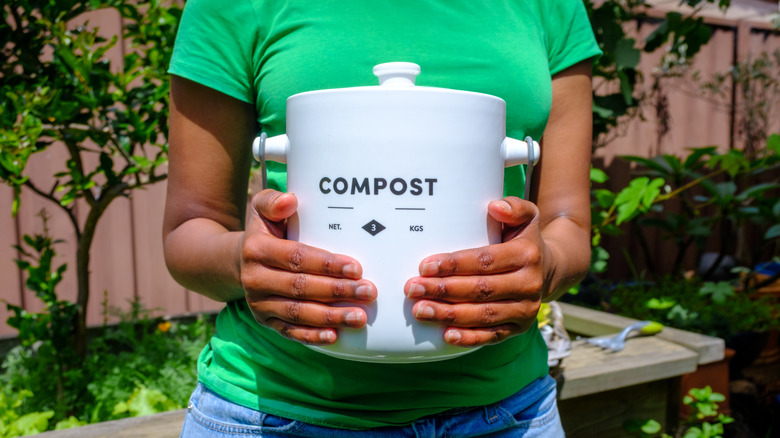
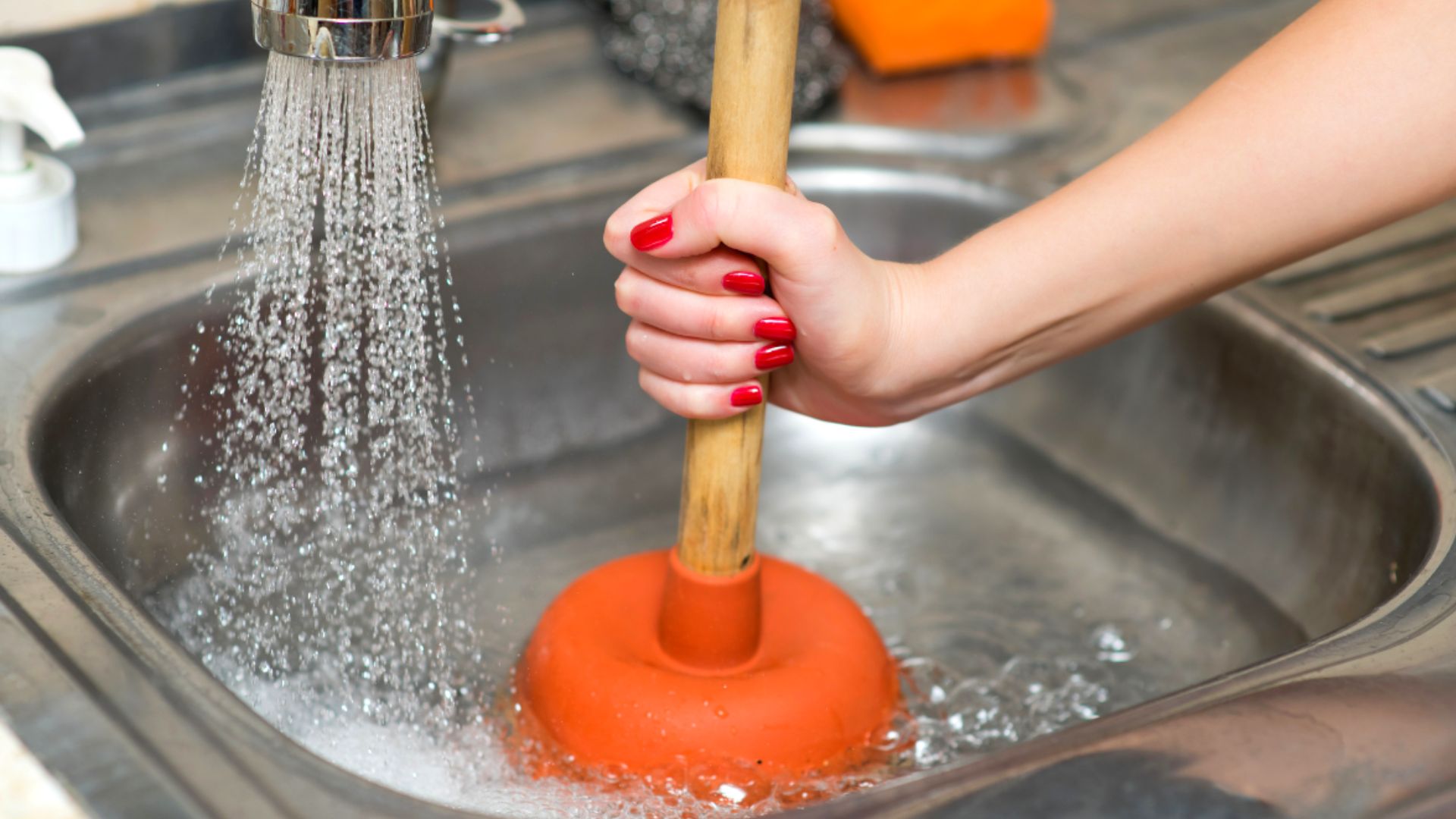

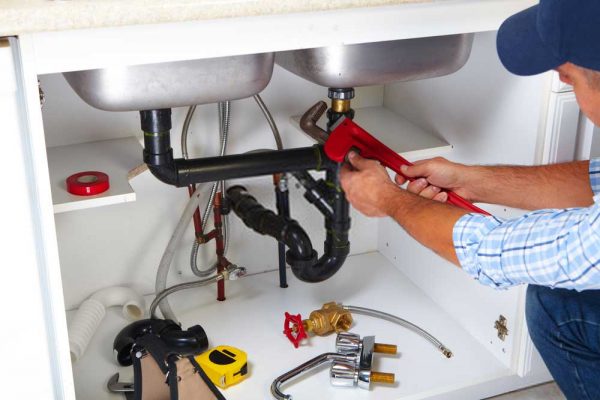
/plumber-unclogging-kitchen-sink-169270382-5797a9355f9b58461f27f024.jpg)


/how-to-unclog-a-kitchen-sink-2718799_sketch_FINAL-8c5caa805a69493ab22dfb537c72a1b7.png)











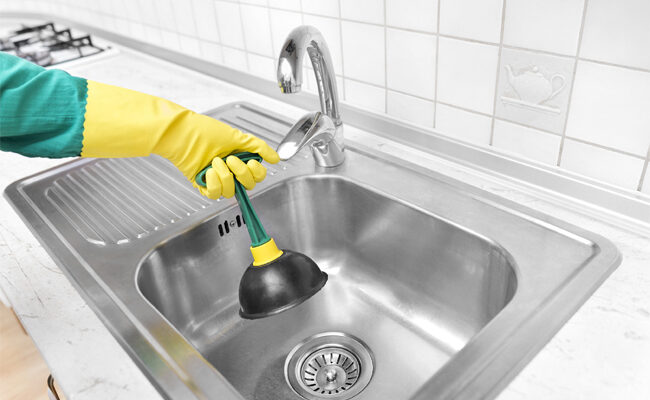



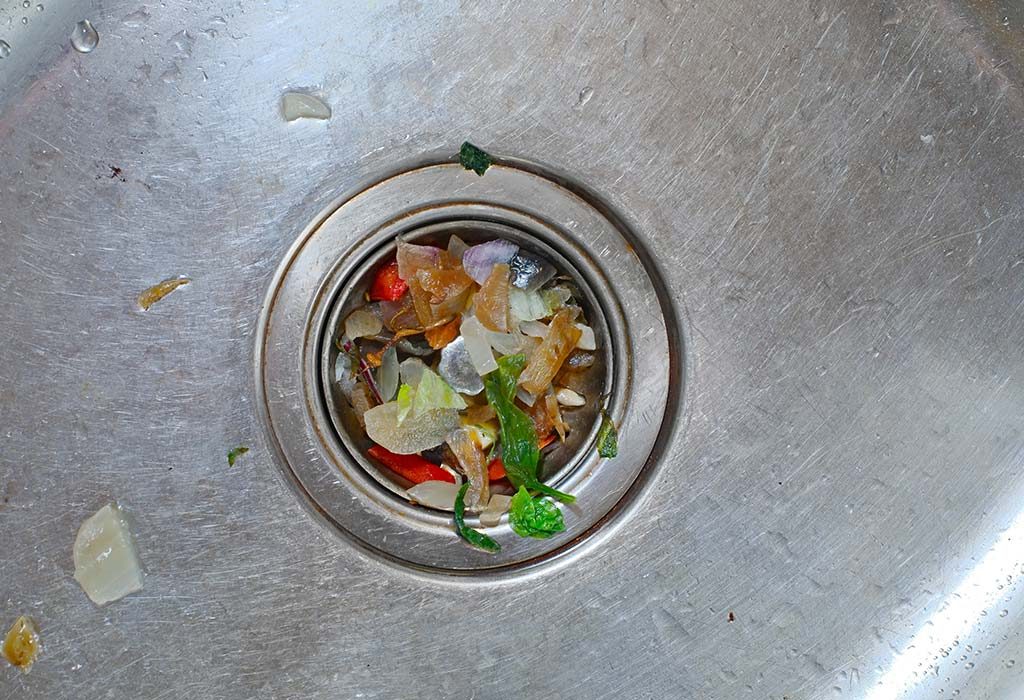

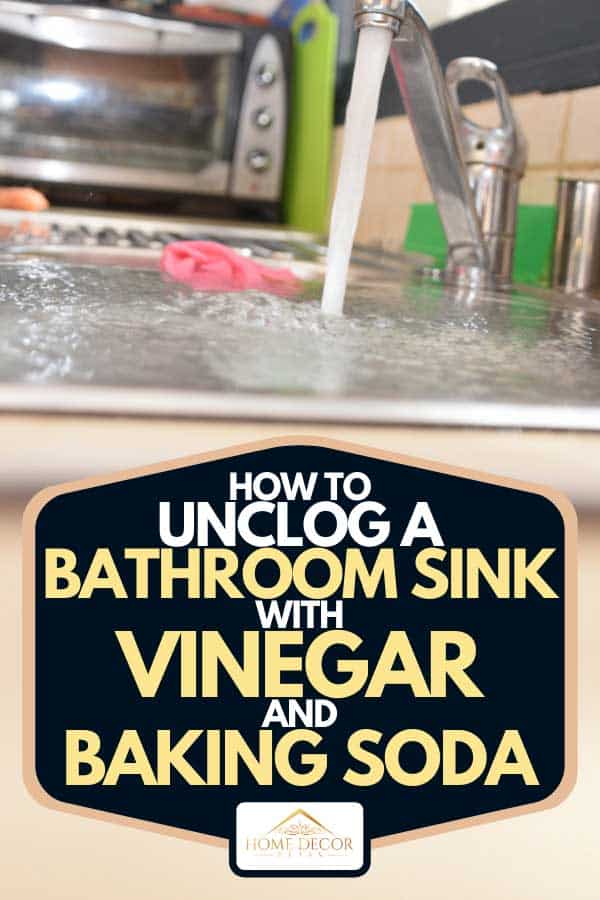

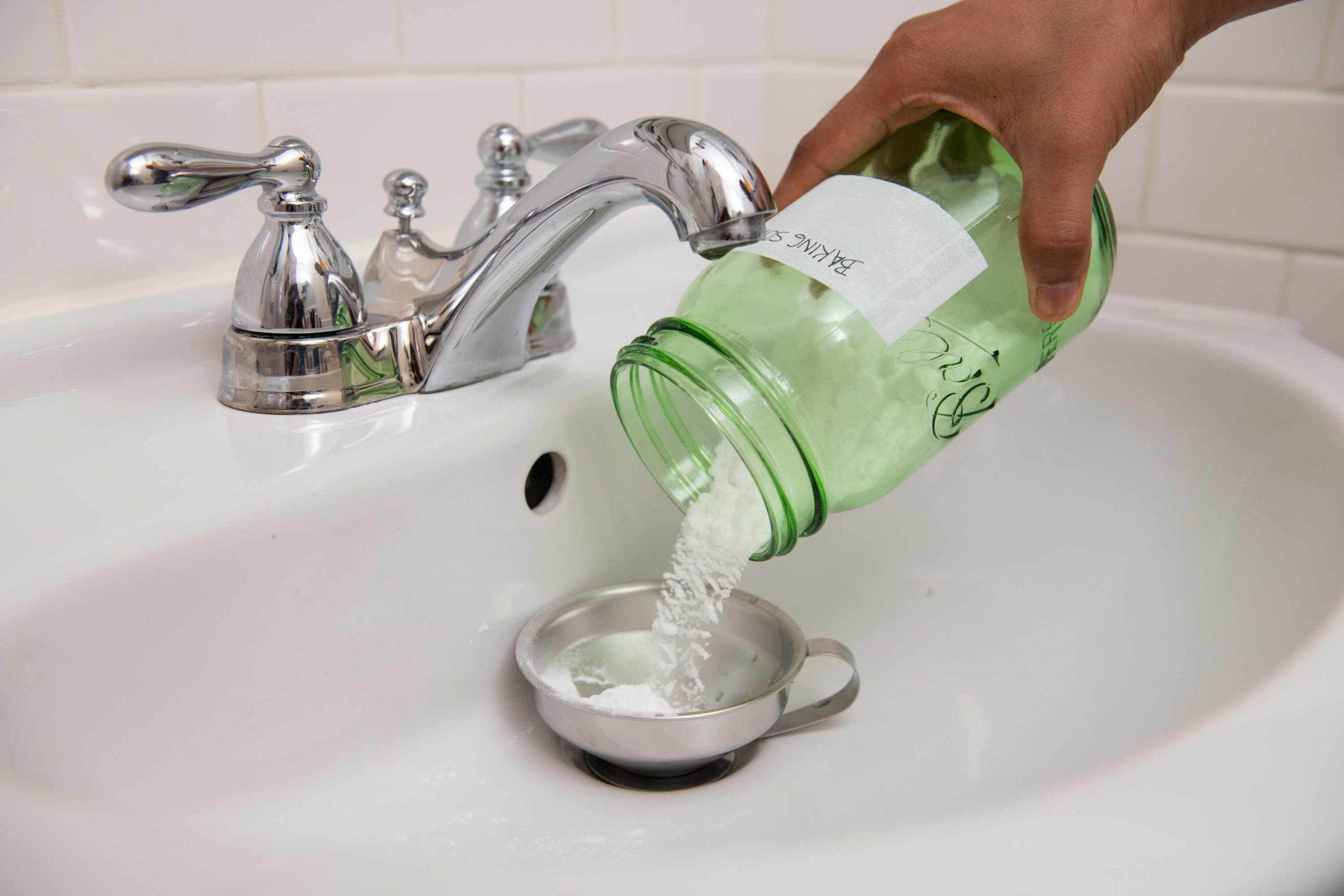
:max_bytes(150000):strip_icc()/freshen-and-unclog-drain-with-baking-soda-1900466-22-bbf940b70afa4d5abef0c54da23b1d3f.jpg)
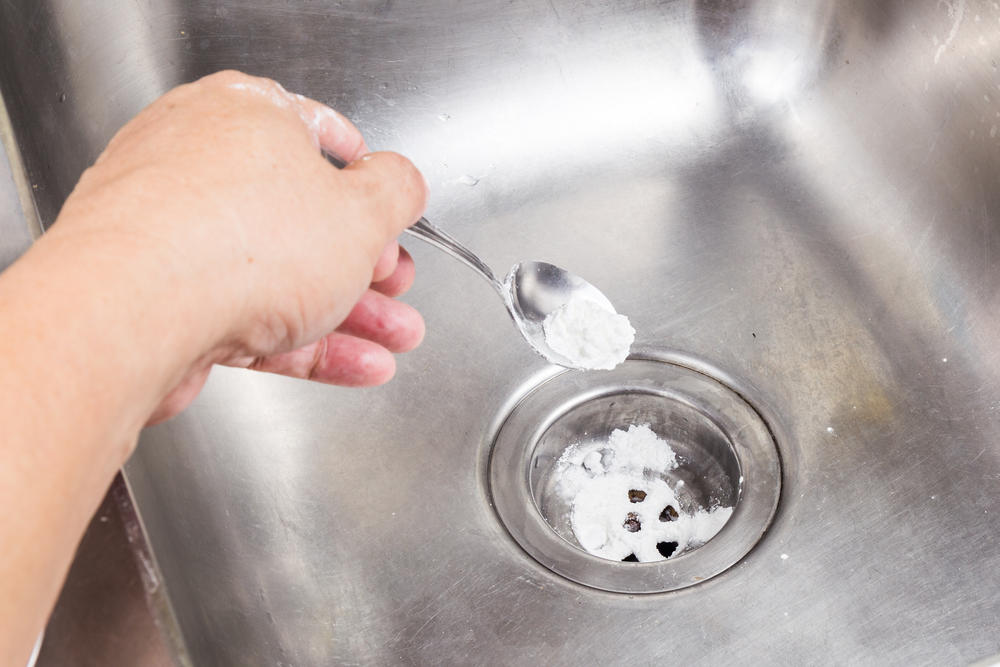


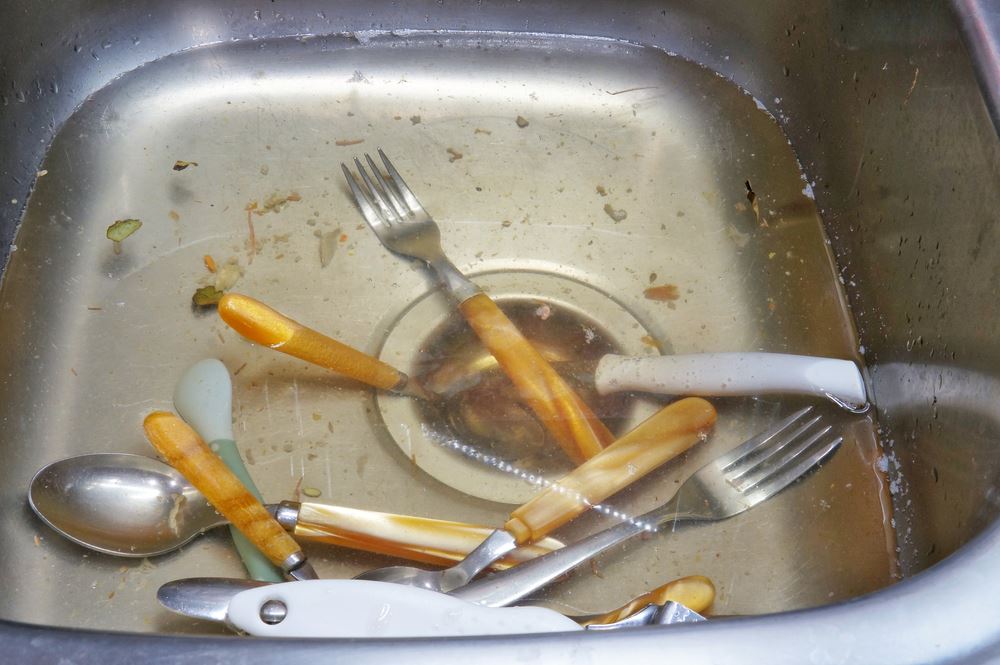





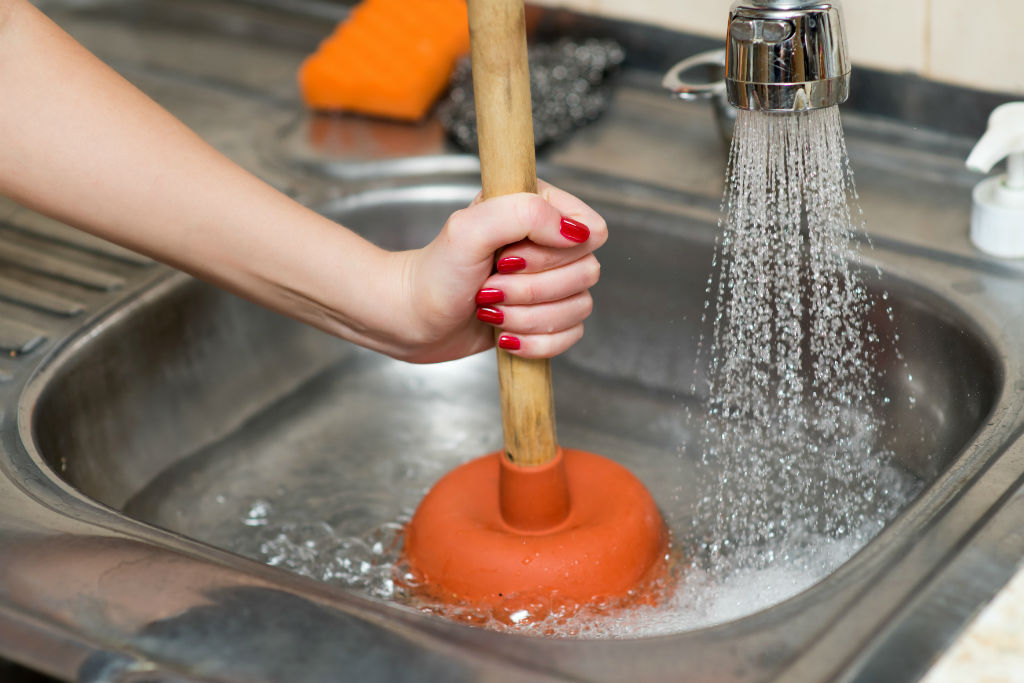





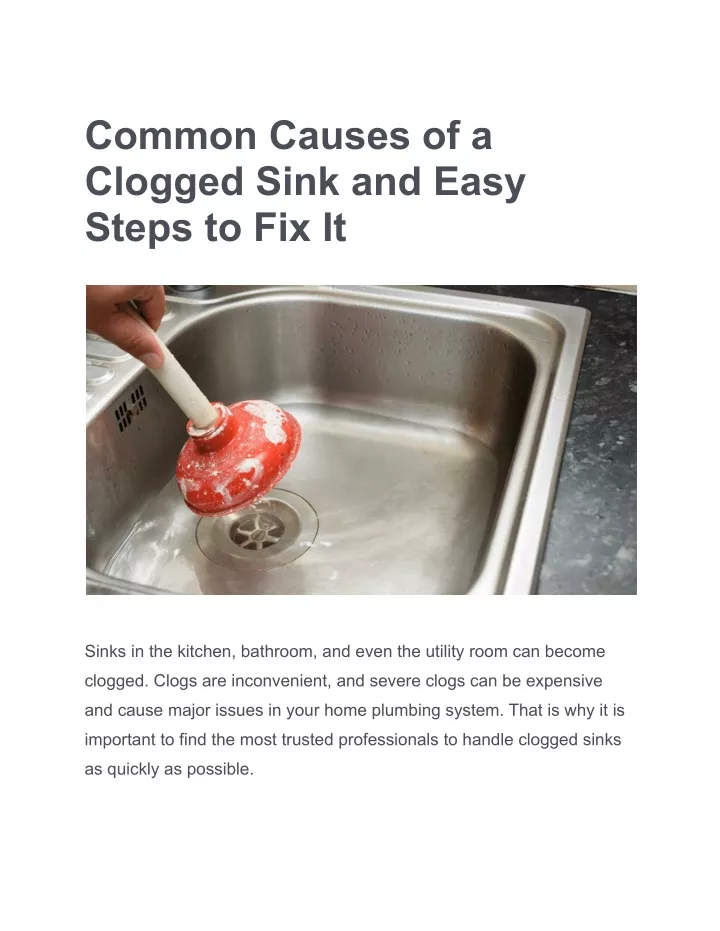



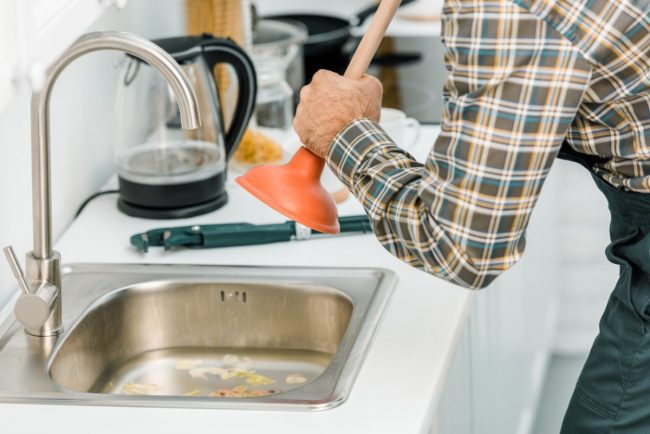
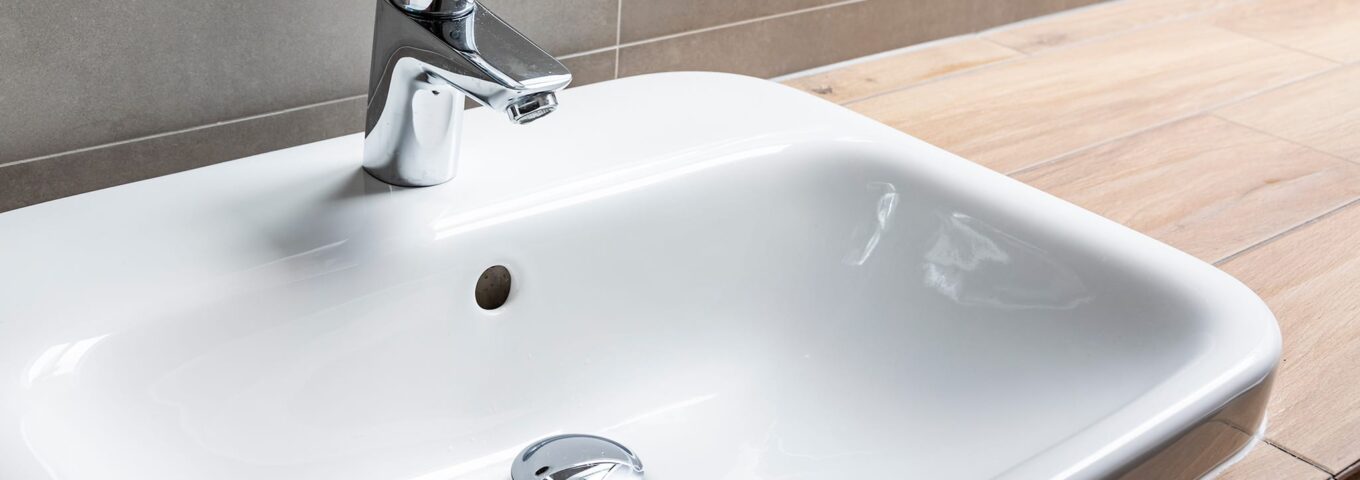





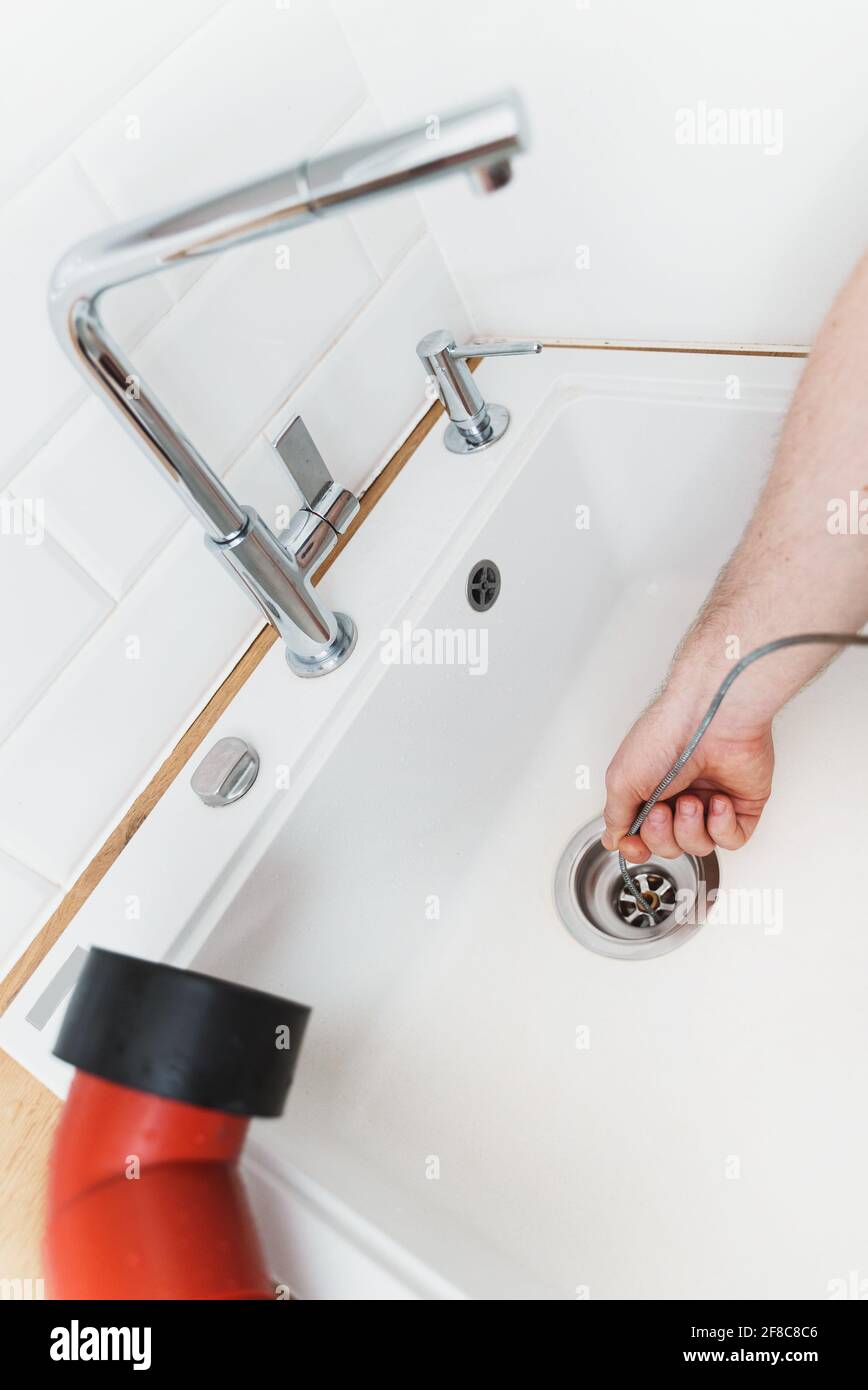




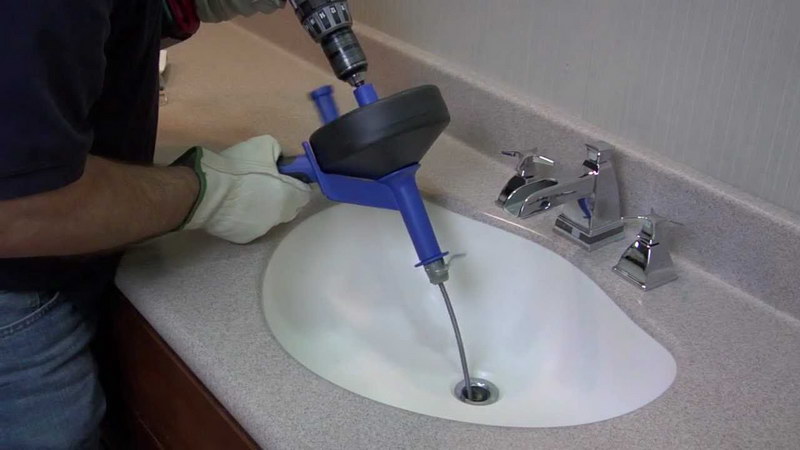




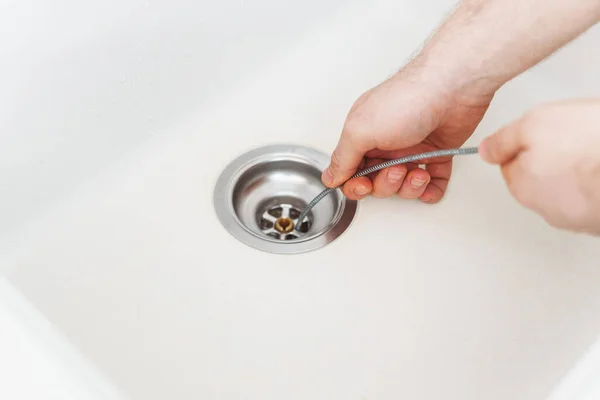
:max_bytes(150000):strip_icc()/how-to-use-a-sink-auger-1825090-hero-70d39960647643819dbb4c1f3a05e929.jpg)







